I got on the radio. Big Ten, this is Long Rifle. We just lost two minutes. If you cant get here in five minutes, well be in a world of hurt! Over.
I glanced over to see Lightfoot shaking his head. We dont have five minutes. The gooks have already set up two machine guns and two mortars.
No sweat, I told him, while inside I had my own doubts. Lightfoot and I had never tangled head-on with that many enemy troops. They could overwhelm us by sheer numbers. The whole thing depended on split-second timing between us and two jets miles away.
I looked at my watch and back at Charlie. The lead man was six hundred yards away. Lightfoot whispered as loud as he dared, Ward!
Shuu! I was listening for something, and just then I heard it; we all heard ita sound like distant thunder. Charlie stopped and started looking skyward. They knew something was up.
Now! I shouted at Lightfoot. He began firing, and at the same moment, I shot a machine gunner between the eyes.
A Presidio Press Book
Published by The Random House Publishing Group
Copyright 1991 by Joseph T. Ward
All rights reserved.
Published in the United States by Presidio Press, an imprint of The Random House Publishing Group, a division of Random House, Inc., New York, and simultaneously in Canada by Random House of Canada Limited, Toronto.
No part of this book may be reproduced or transmitted in any form or by any means, electronic or mechanical, including photocopying, recording, or by any information storage and retrieval system, without permission in writing from the publisher.
Presidio Press is a trademark of Random House, Inc.
www.presidiopress.com
Library of Congress Catalog Card Number: 91-91988
eISBN: 978-0-307-78431-5
Drawings by Rita Hanner
v3.1
Dedicated to my mother who lived with the anguish
of never knowing. I would not have traded places.
A sign at the Marine Corps Scout Sniper School, Quantico, Virginia, reads: The average rounds expended per kill with the M-16 in Vietnam was 50,000. Snipers averaged 1.3 rounds. The cost difference was $2,300 vs. 27 cents.
Acknowledgments
I would like to give thanks to the following for their invaluable assistance:
The personnel at the Marine Corps Recruit Depot, San Diego, CA;
The Belmar Museum, Lakewood, CO;
Foothills Photo Lab, Longmont, CA
The Marine Corps Historical Center and Museum, Washington, DC;
The Military Records Division of the Pentagon, Washington, DC;
The National Archives, Washington, DC;
The Naval Museum, Washington, DC;
The National Oceanic and Atmospheric Administration, National Ocean Survey, Riverdale, MD;
The Records Branch, USMC, Quantico, VA.
Star Enterprises, Louisville, CO
A very special thanks to the following:
Winnie Ferrill
Rita Hanner
Jen Karber
Nancy Leach
Maj. Charles Melson, USMC
Mary Rodriguez
Bertram Rothschild
Sgt. Jeffrey Schinker, USMC-RS
Jan Sword
Trudy Ward
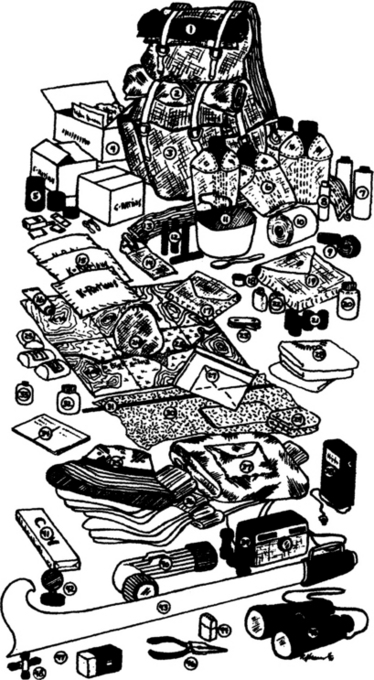
Scout Snipers pack and contents
J. T. Wards typical load for a minimum
72-hour assignment
Poncho (1), poncho liner (2), pack (3), package from home: cookies, hard candy, Kool-Aid, dried soups (4), three boxes C rations (5), minimum four canteens (6), two cans foot powder (7), BFI powder, a blood coagulant (8), two rolls black tape (9), toilet paper (10), cooking cup (11), grease paint-black, brown, dark green, and light green (12), web belt (13), tool kit for minor adjustments to scope (14), three K rations (15), zinc oxide ointment (16), first aid kit (17), halazone water purification tablets (18), ammo pouchholds 80 rounds 7.62mm match ammo (19), vitamins (20), extra batteries for scope, flashlight, strobe light (21), insect repellent (22), Swiss Army knife (23), personal itemsshaving gear, soap, toothbrush and toothpaste (24), extra battle dressings (25), tactical maps (26), writing gear (27), three T-shirts (28), two washcloths (29), two towels (30), rifle cleaning rod (31), gun oil (32), linseed oil (33), kill sheets (34), bush hat (35), six pairs white cotton socks (36), jungle fatigues (37), transistor radio (38), camera and film (39), flashlight (40), C-4 plastic explosive (41), compass (42), Turkish battle axe (43), Zippo lighter (44), field glasses (45), wire cutters (46), strobe light (47), two extra boot laces (48).
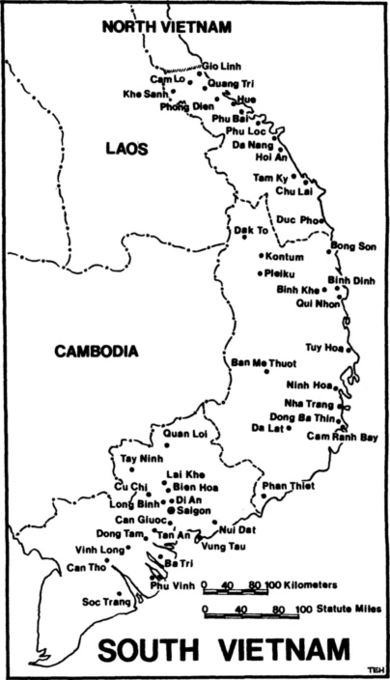
Contents
Chapter I

A Few Good Men

1st Division
Okinawa
April 5th, 1969
Dear Mom,
Well, Im almost there. Im in Okinawa and should be leaving for Da Nang today. It doesnt seem like home is halfway around the world. Weve been here a couple of days. I was feeling pretty blue when I got here, so I went to the EM club and got drunk.
In some sense, my involvement with the U.S. Marine Corps began with the summer of 1967, high school graduation, and four young men: Dave Young, Mike OGrady, Nick Herrera, and myself.
Nick was quiet, short, stocky, and strong as a horse. Mike, an average, all-around nice guy, and state wrestling champ. Dave, tall and lanky, with the fastest hands in a fight Ive ever seen. Me? I was into sports like Mike, except I liked basketball and track. Oh, yeah, my names Joseph T. Ward, J.T. to my friends. These differences didnt keep us from becoming best friends in high school. If one of us did something off-the-wall, it was likely the other three were in on it, too. Ive got to admit, we were pushing the limits of our manhood further all the time.
Graduation came and went like most major events in our lives, one big party, but it was different after high school. Suddenly we were faced with being separated, each to find his own way in life. Dave and I tried college and both quit in less than a year. We worked odd jobs, and the four of us partied together.
Longmont, Colorado, where we lived, was a small farming community of about thirteen thousand people. Its main industries were a sugar factory and a turkey processing plant, and its main claims to fame were quiet, tree-lined streets and an immense variety of birds. As teenagers, our primary pastimes were cruising Main Street, woodsy parties, and lots of rock and roll.
My mom was in her mid-forties and a single parent who worked long hours as a secretary in the oil business. My friends liked her because they knew they could count on her for a meal or a place to stay when needed; she treated them as one of her own.
Early 1968 found Mike, Nick, Dave, and me sitting on the hoods of our cars on one of the lonely back country roads we knew so well. Bolstered by beer, the conversation wasnt the usual talk about girls, cars, or parties. We were wondering what the hell we were going to do with the rest of our lives, when the talk turned to the military.


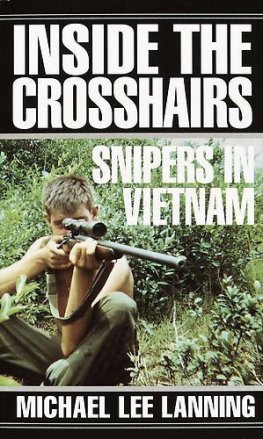
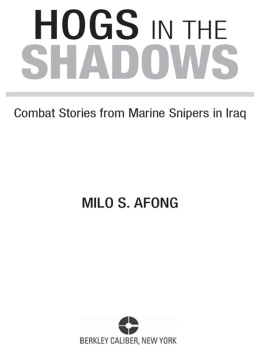
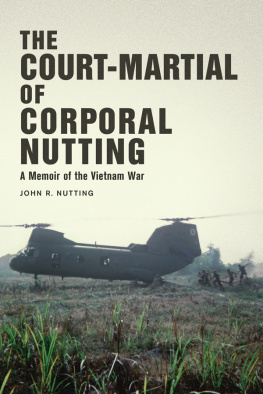
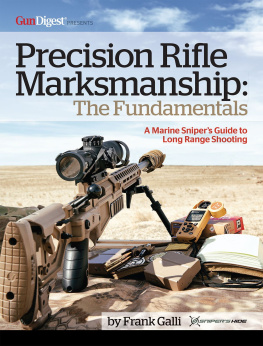
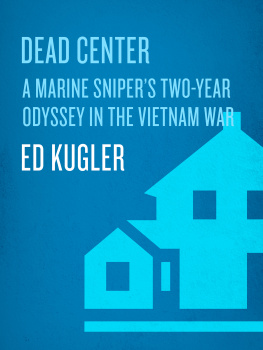
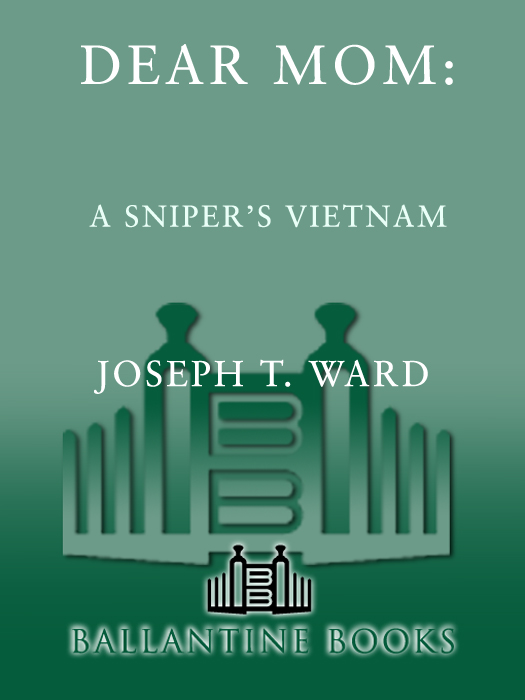
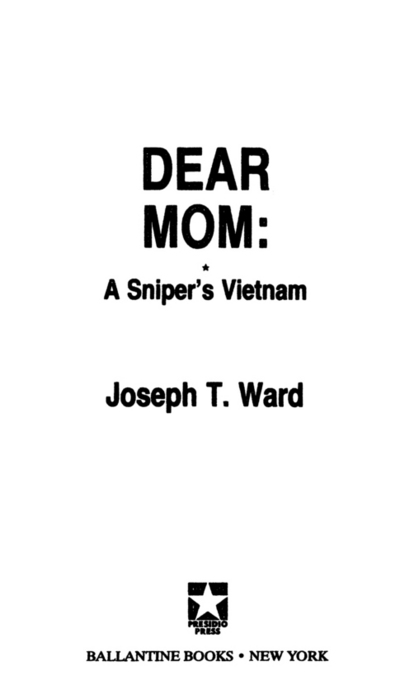


 A Few Good Men
A Few Good Men